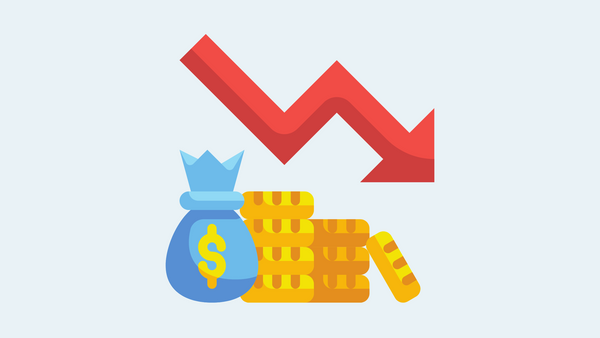I was wrong.
I called for the U.S. to have entered into a recession by now.
If I had changed that call to some sort of financial hardship, I would have been right. With the economy raging hot, we saw inflation hit record highs. Homes appreciated a staggering 18.5% in September of 2021. Food costs soared a staggering 11% from January 2022 to January 2023, and they are predicted to continue at nearly an 8% rate in 2023.
Yet, even with the Fed raising the Fed Funds Rate by almost 5%, the economy has continued to hum along.
So, what’s keeping us from the recession I have been predicting for some time now?
Firstly, a metric shit ton of money got pumped into the system. That’s how I would describe the $5 trillion dollars the government pumped into the economy. I imagine as individuals, most people were thrilled about the stimulus money they received. I know families that it really helped. However, I know a lot of families that didn’t need the money. Instead of increasing their emergency funds, they bought big-screen televisions and tried to become day traders via Robinhood
There’s another component that I failed to account for in my recession prediction.
Wage growth.
While inflation was increasing the average cost of things by 6% last year, wage growth was drafting not too far behind it. Take a look at this data, and it's not hard to see that wage growth has largely kept up with or even exceeded inflation. Add to that the strong unemployment numbers. The 50-year average is 3.4%, with current unemployment at only 3.6%.
Alright, so when will we see a recession? I don’t think we are going to hit recession territory within the next year, at least not by the classic definition of two consecutive quarters of negative GDP growth. The last two-quarters of GDP growth came out at 3.2% and 2.7%, respectively.
source: tradingeconomics.com
We are going to see what I call financial hardship. Things will continue to be expensive, even though the rate of inflation will continue to slow as the Fed continues to tighten monetary policy.
I predict the Fed will raise the Fed Funds Rate by 50 bps, rather than 25 bps, at their meeting next week. That will put the rate at or slightly over 5%.
If you’ve found this information helpful, I hope you’ll do two things for me.
1) Subscribe to this newsletter. That way, new copies are delivered directly to your inbox.
2) Share this newsletter with one other person that you think might benefit from the information I share.
